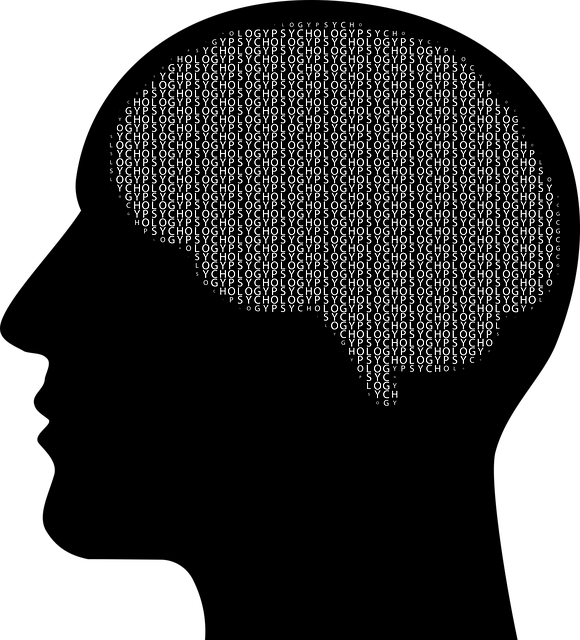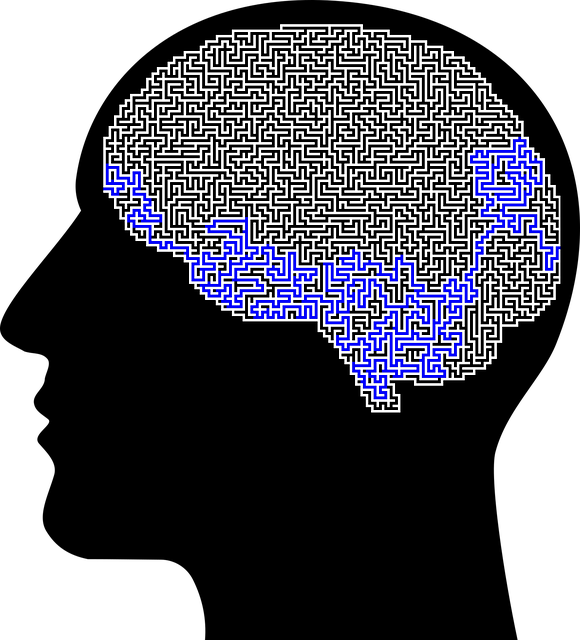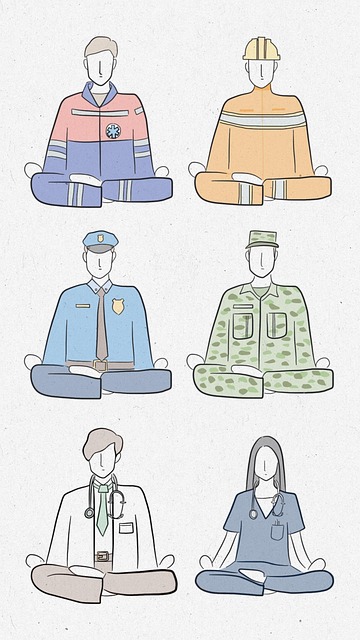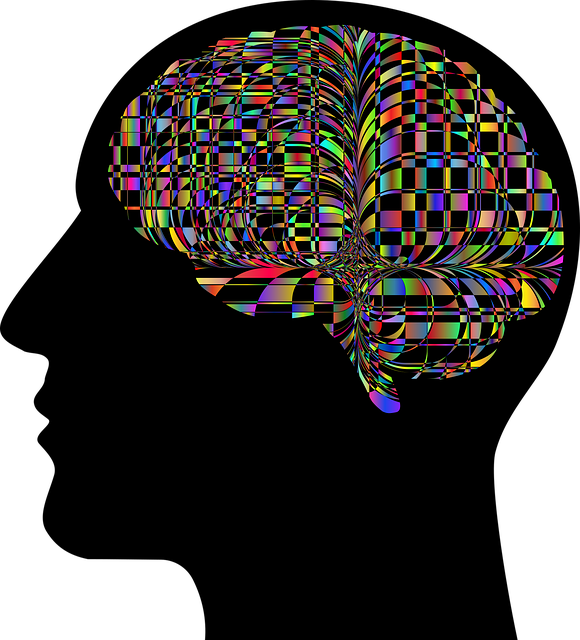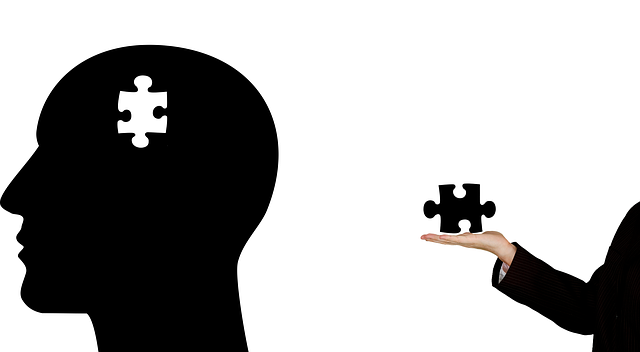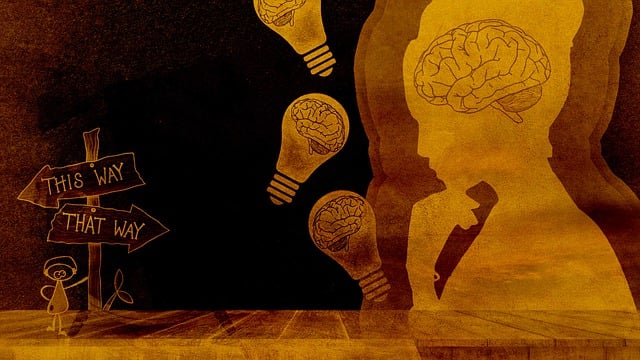Mental wellness journaling, emphasized by Centennial Child Abuse Therapy, is a powerful tool for self-reflection and healing, especially beneficial for trauma survivors. By documenting thoughts, identifying patterns, and practicing mindfulness, individuals can develop self-awareness, coping skills, and resilience. This safe space, incorporating breathing exercises and meditation, enhances overall well-being and supports positive changes in therapy practices and outcomes.
“Unleash your inner strength through mental wellness journaling—a transformative practice gaining traction in today’s self-care revolution. This article guides you through a holistic journey, exploring the power of self-reflection and healing. We delve into techniques to create a sanctuary on paper, encouraging openness and centering.
Additionally, we introduce Centennial Child Abuse Therapy principles as an effective framework for personal growth, offering insights into navigating traumatic experiences. Discover how journaling can be your companion in embracing mental wellness.”
- Understanding Mental Wellness Journaling: A Powerful Tool for Self-Reflection
- Creating a Safe Space on the Page: Techniques for Centering and Opening Up
- The Healing Journey: Incorporating Centennial Child Abuse Therapy Principles into Your Practice
Understanding Mental Wellness Journaling: A Powerful Tool for Self-Reflection

Mental wellness journaling is a powerful self-reflection tool that can significantly contribute to one’s overall well-being. It involves documenting thoughts, feelings, and experiences in a dedicated journal, fostering an intimate connection with oneself. This practice allows individuals to explore their mental health landscape, identify patterns, and gain valuable insights into their emotional states. By taking time to reflect on daily occurrences, challenges, and achievements, one can develop a deeper understanding of their triggers, strengths, and areas that require support.
For those who have experienced trauma, such as child abuse, journaling can be a therapeutic outlet. Centennial Child Abuse Therapy emphasizes the importance of safe spaces for healing. Journaling offers an opportunity to process complex emotions, break down barriers, and promote self-healing. Additionally, incorporating mindfulness meditation practices alongside journaling can enhance its benefits, encouraging individuals to cultivate present-moment awareness and develop a non-judgmental mindset. Cultural sensitivity in mental healthcare practice is crucial, ensuring that journaling exercises are adaptable and respectful of diverse backgrounds and experiences. Community outreach program implementations can also utilize journaling as a means to empower individuals, offering support groups or workshops where people can share their journeys and learn from one another.
Creating a Safe Space on the Page: Techniques for Centering and Opening Up

Creating a safe space on the page is an essential first step in any mental wellness journaling practice. This involves establishing a centered and non-judgmental mindset before beginning to write. Techniques such as deep breathing exercises, mindful meditation, or even a brief walk in nature can help individuals ground themselves and cultivate a sense of calm. By creating this safe space, individuals are more likely to open up and explore their thoughts and feelings without fear of criticism or rejection.
This practice is particularly beneficial for those who have experienced trauma or childhood abuse, as it fosters coping skills development and enhances self-awareness exercises. Journaling allows individuals to process difficult emotions, track progress in therapy, and identify patterns that contribute to stress or burnout. For healthcare providers, incorporating journaling into their self-care routines can serve as effective burnout prevention strategies, enabling them to better manage their mental wellness alongside their professional demands.
The Healing Journey: Incorporating Centennial Child Abuse Therapy Principles into Your Practice

The journey towards healing and mental wellness is deeply personal, and incorporating therapeutic principles can be a powerful tool for self-discovery and growth. Centennial Child Abuse Therapy offers valuable insights that can be applied to individual practices, especially when supporting those who have experienced trauma or abuse. This form of therapy emphasizes the importance of safe communication strategies, fostering an environment where individuals feel heard and understood.
By adopting these principles, mental wellness journaling exercises can become a catalyst for positive change. Encouraging clients to reflect on their experiences and emotions allows them to develop self-awareness and begin the process of healing. Self-esteem improvement is a significant aspect of this journey, as it empowers individuals to challenge negative thoughts and beliefs, ultimately fostering resilience and a healthier mindset.
Mental wellness journaling is a versatile tool that can significantly enhance self-awareness and emotional well-being. By creating a safe space on the page, individuals can learn to center themselves and open up to their thoughts and feelings. Incorporating principles from Centennial Child Abuse Therapy makes this practice even more impactful, offering a healing journey towards personal growth and resilience. Whether for self-reflection or therapeutic purposes, mental wellness journaling provides an avenue to explore and understand oneself better, ultimately fostering a healthier mind.


